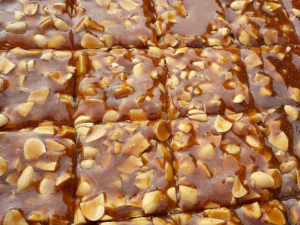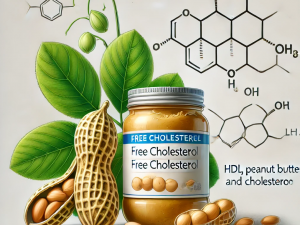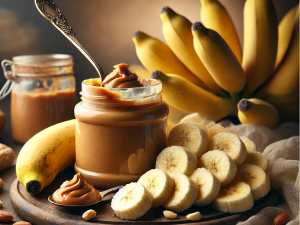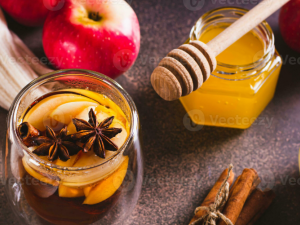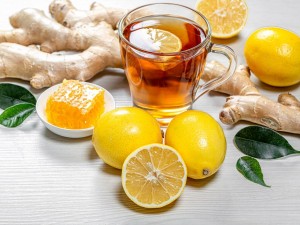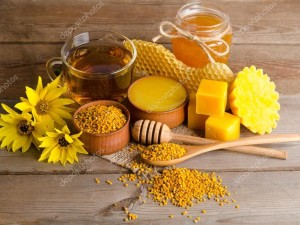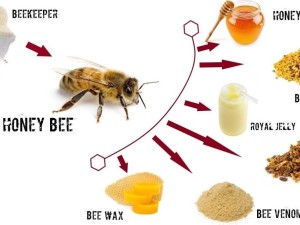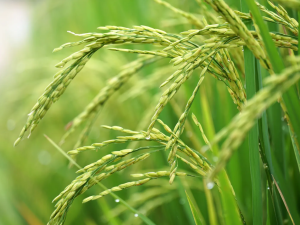 29فروردین
29فروردین
honeybees-products-pollen - part 1
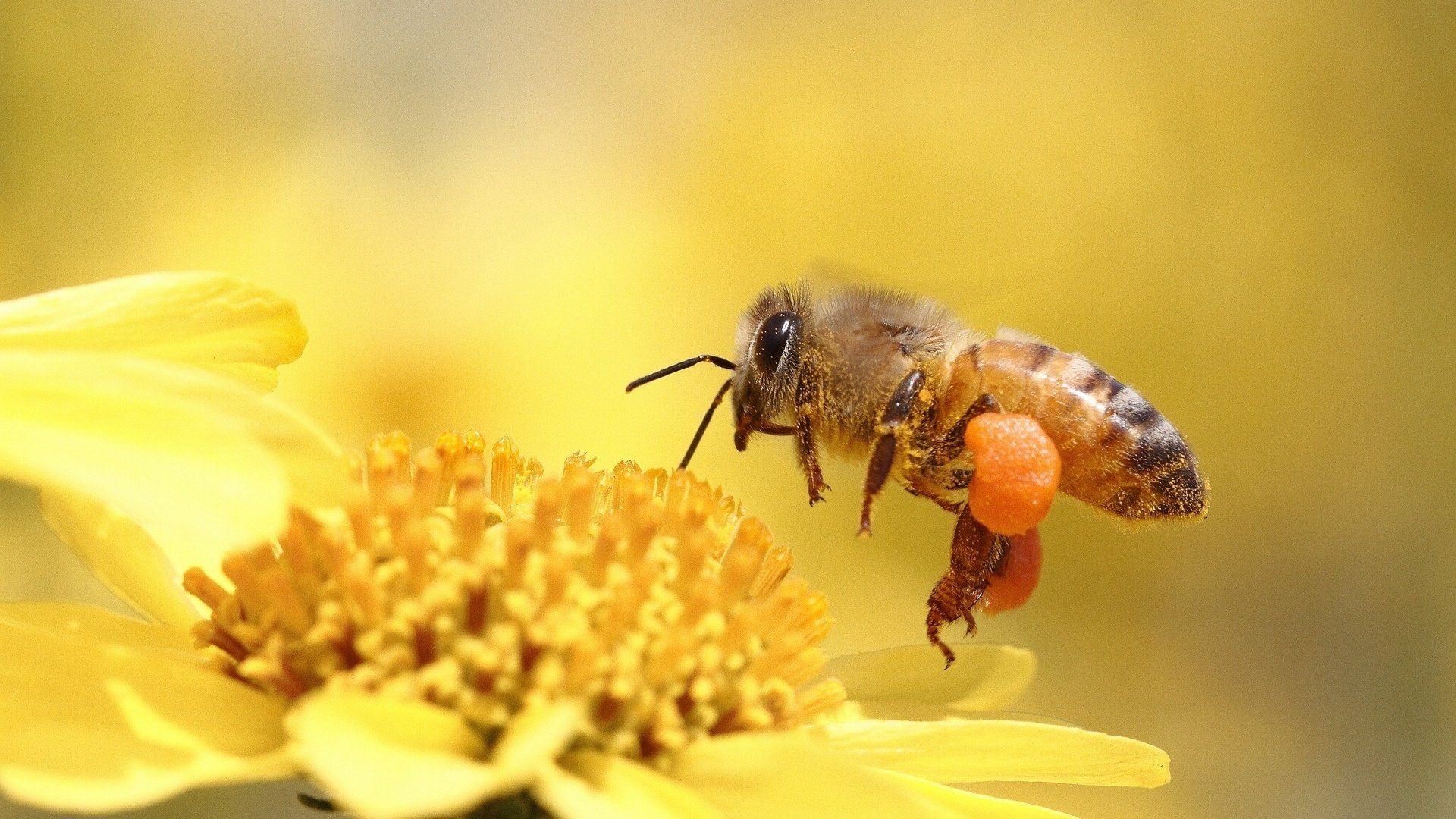
Pollen Power- Part 1
Bee pollen, the tiny granules collected by bees from flowers, packs a surprising nutritional punch. It is literally the food of the young bee. It takes one bee, working 8 hours a day for 1 month to gather. Each pellet contains 2,000,000 flower pollen grains and 1 teaspoon contains 2.5 billion grains of flower pollen! One pollen granule contains from 100,000 to 500,000 pollen spores each capable of reproducing its entire species! [3].
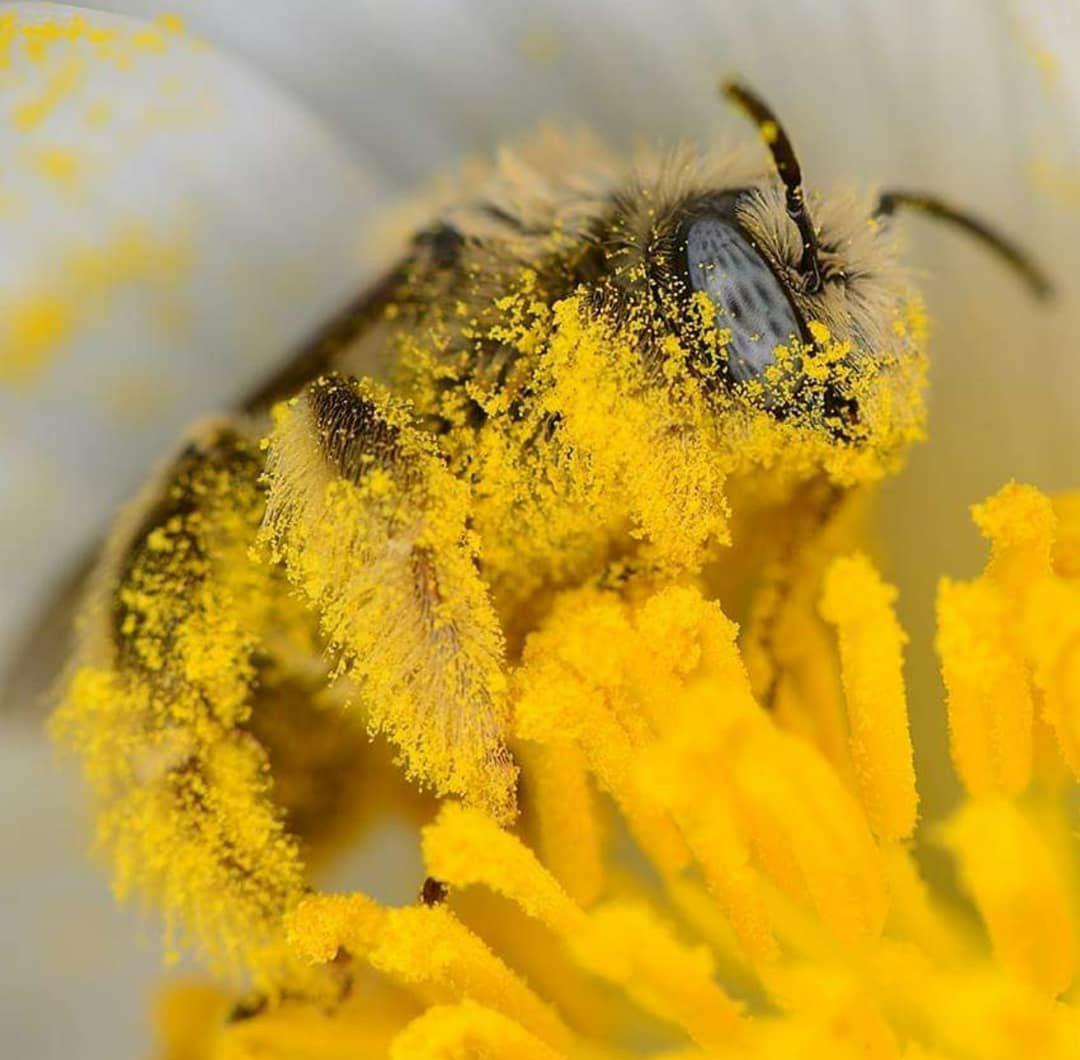
Nutrients in Bee Pollen Bee pollen is considered one of nature's most complete foods for a variety of reasons:
- High level of phenolic constituents and antioxidants as found in many studies.
- Rich source of protein – about half of its protein is in the form of free amino acids that are ready to be used by the body. Amino acids are building blocks of your 50 trillion cells!
- Source of energizing vitamin B12 and folic acid among other B-complex vitamins.
- Excellent antibacterial, antifungal, and anti-inflammatory properties
- Cannot be synthesized in a laboratory. When researchers take away a bee's pollen-filled comb and feed her manmade pollen, the bee dies even though all the known nutrients are present in the lab-produced synthesized food. Ah-ha! The power of REAL food.
- The percentage of rejuvenating elements in bee pollen remarkably exceeds those present in brewer's yeast and wheat germ. [3]
Some studies suggest pollen may offer a range of advantages:
- Anti-inflammatory effects: Bee pollen may act similarly to anti-inflammatory drugs, potentially reducing inflammation throughout the body [1]. This could be helpful for conditions like arthritis or inflammatory bowel disease.
- Antioxidant powerhouse: Studies have found that bee pollen is rich in antioxidants, which help combat cell damage caused by free radicals [1]. Antioxidants may play a role in preventing chronic diseases like heart disease and cancer.
- Immune system support: Some research suggests that bee pollen may help strengthen the immune system by increasing white blood cell production. This could potentially improve the body's ability to fight off infections.
- Dietary supplement: Bee pollen is a natural source of many essential nutrients, making it a valuable dietary supplement for those with deficiencies or seeking a more holistic approach to nutrition [2].
